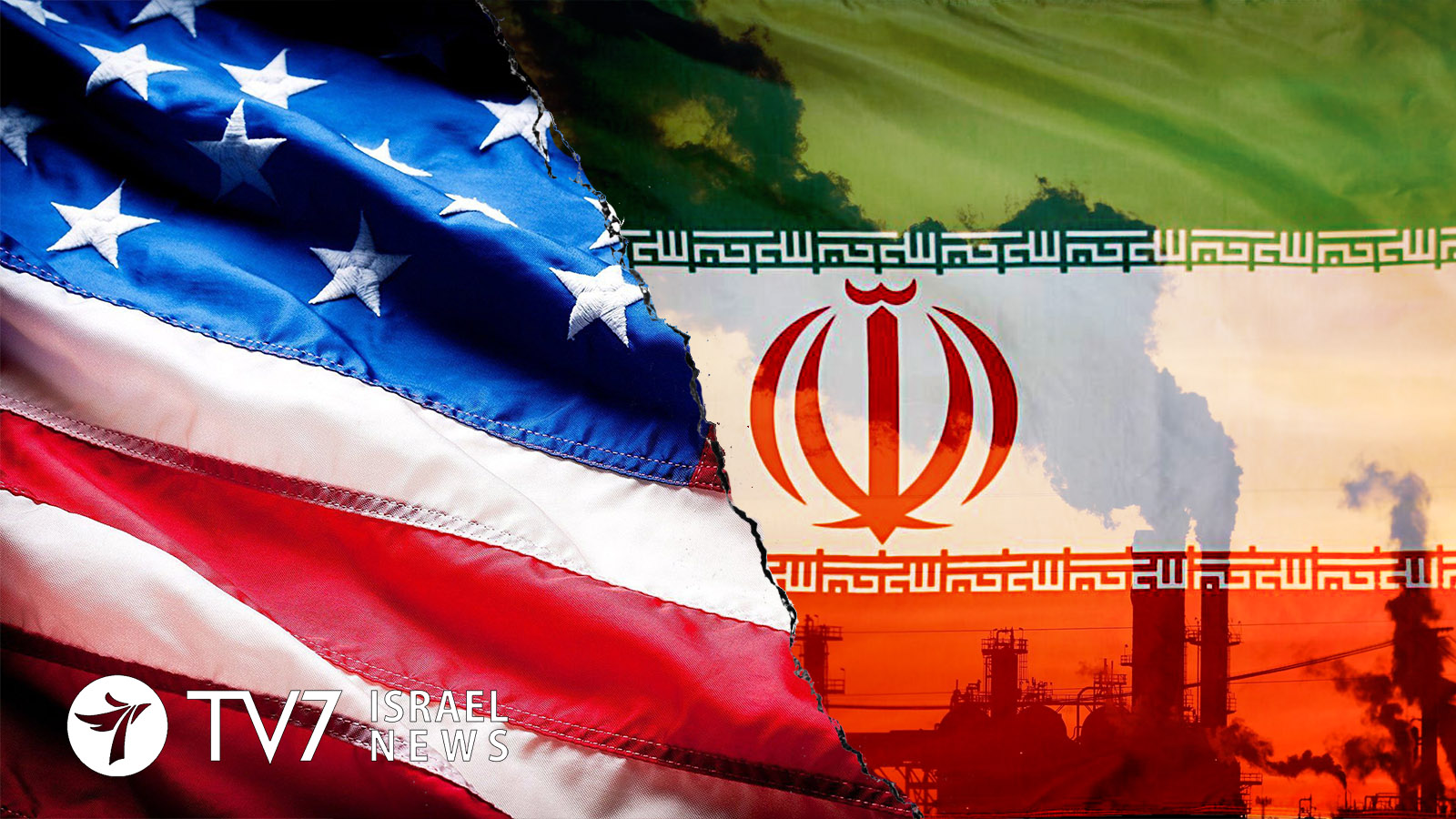Iran and the United States are sending mixed signals over the resolution of their dispute. While U.S. President Donald Trump cited “a lot of progress” that has been made with Iran, the Islamic Republic’s Supreme Leader Ayatollah Ali Khamenei warned his country intends to continue nuclear development in violation of the 2015 Joint Comprehensive Plan of Action deal with world powers. Speaking on state television, Khamenei proclaimed “We have started to reduce our commitments and this trend shall continue.”
Trump made his comment during a cabinet meeting in the White House. Although declining to further elaborate on what was meant by “progress,” he said Washington is not seeking a regime change in Tehran. In the adoption of what appeared to be a conciliatory tone, he mentioned Washington’s willingness to help Tehran, saying “We’ll be good to them, we’ll work with them” while simultaneously stressing “but they can’t have a nuclear weapon,” and “They can’t be testing ballistic missiles.”
Moreover, Secretary of State Mike Pompeo told the cabinet that Tehran is prepared to negotiate about its missiles program “for the first time” – indicating the move resulted from the restoration of U.S. economic pressure asserted after having withdrawn from the JCPOA in May 2018. In the past, Iran has insisted the missile program is non-negotiable matter of national defense.
The chief American diplomat made the assertion in apparent reaction to statements from his Iranian counterpart, despite Tehran’s oft-repeated declarations it will not hold talks under duress of punishing U.S. economic measures. Foreign Minister Mohammad Javad Zarif said in a media interview that “Once those sanctions are lifted, then … the door for negotiations is wide open,” adding “It is the United States that left the bargaining table. And they’re always welcome to return.” He also reiterated another Iranian precondition for talks, that the U.S. must cease weapons shipments to the Shi’ite Islamic Republic’s Sunni rivals, Saudi Arabia and the United Arab Emirates, he described as “making our region ready to explode.”
In seeming contradiction of Trump’s claims of progress and direct refutation of Pompeo’s words, Iran swiftly denied willingness to discuss its ballistic missile program. The spokesman of the country’s United Nations mission, Alireza Miryousefi, wrote on Twitter, “Iran’s missiles … are absolutely and under no condition negotiable with anyone or any country, period.”
